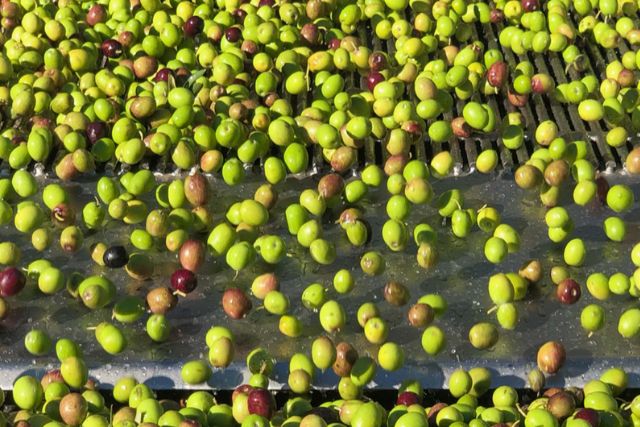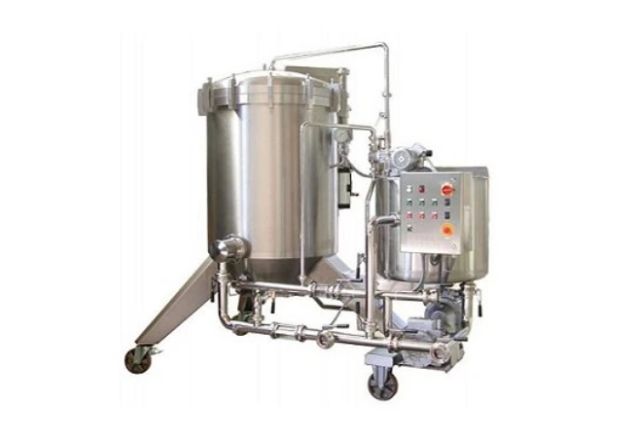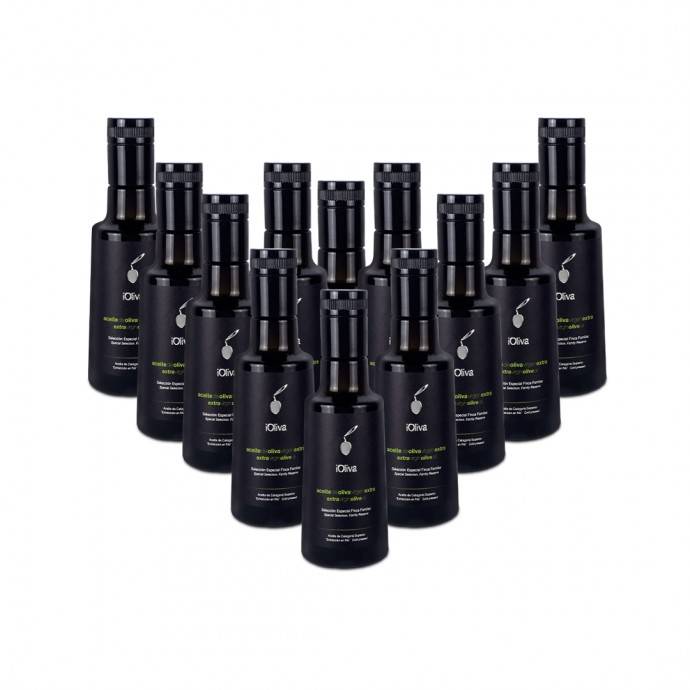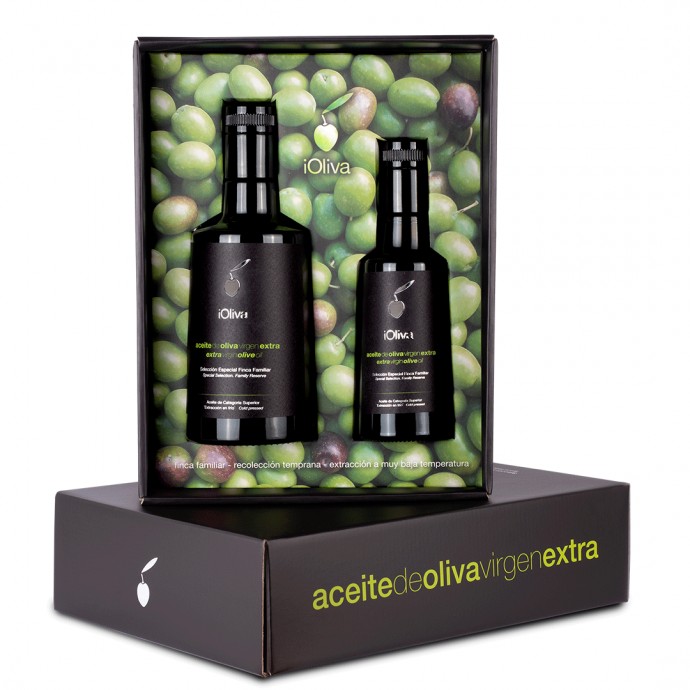
Differences between filtered and unfiltered olive oil
If there is a controversial issue among extra virgin olive oil lovers, it is whether filtered or unfiltered olive oil is better. There are those who see filtering as a “refining” process where a multitude of nutrients, polyphenols and properties of EVOO are left behind. There are those who bet on filtering to clean the product and eliminate impurities, humidity and particles that will pass into the oil if this technique is not carried out. What is the truth in all this? What is our opinion as an olive mill and as extra virgin olive oil lovers? We tell you.

What is filtered olive oil
A filtered olive oil is one that goes through a mechanical filtration process where, as mentioned before, moisture, remains of olive skin or pulp and other particles that are not considered purely extra virgin olive oil are extracted. This technique does not influence the flavor or reduce the amount of polyphenols that can be transmitted to the final product.
In other words, the aim of filtration is that the final result in the packaging is 100% olive oil, i.e. the fatty part of the olive. If we only keep the fat, eliminating humidity, particles with sugars (which will ferment), etc., we will have an even more durable quality product.
What is unfiltered olive oil
Unfiltered olive oil, or “aceite en rama” is that which passes from the decanter - where the product has been decanted - and the separation of substances, to the tank in the cellar, where the product will be stored until it is bottled.
Decanting is in itself a primary filtration, since only the fatty part will be extracted from the decanter, leaving water and alpeorujo discarded. This was explained in a related article that you can consult here. Unfiltered and filtered oil have the same quality as long as they are consumed in the first months of the campaign. That is to say, the fresh oil recently elaborated can last up to two months in the tank without its quality deteriorating and oxidizing. Afterwards, unfiltered substances inevitably alter the taste and smell of the product, as the sugars are fermenting.
Let us remember that the taste and smell of an EVOO, i.e. its organoleptic characteristics, are also decisive in determining whether it is an extra virgin or a virgin. For olive oil to be extra virgin, it cannot have any organoleptic defect. For this reason, we offer extra virgin olive oil of the arbequina variety, considered a very stable variety, to be served unfiltered during the first months of the campaign.
Key differences between filtered olive oil and unfiltered olive oil
The main differences between one oil and the other is that unfiltered oil retains, as mentioned above, some solids in suspension, as well as water that has not been separated during decanting. In the first months of the campaign, the appearance of unfiltered oil is more cloudy since these solids and this moisture are integrated with the fatty part of the oil. As the months pass, these compounds become sediments at the base of the container, the container itself acting as a small-scale decanter. Turbidity, therefore, is synonymous with “fresh oil” for many consumers and this is why they prefer it.
Another of the preferences that consumers find in unfiltered oil is that, during the preparation of the product, the oxygenation caused by the passage of the filter is reduced. In other words, by reducing the processing and handling stages, the oil “suffers” less from the consequences of contact with air. In terms of organoleptic and nutritional characteristics, two freshly processed oils, whether filtered or unfiltered, show minimal, practically imperceptible differences.
How oil is filtered
There are different oil filtration systems. The most common are diatomaceous earth and cellulose, the former being an inorganic element and the latter an organic one. Both work with a system of plates through which the oil flows from one to the other, depositing in them the solid remains, thanks to the action of the diatomaceous earth or cellulose, which form a paste. These remains are mainly made up of skin, pulp and humidity. We combine both systems depending on the number of kilograms of oil we produce. The filter is cleaned periodically, depending on the amount of solids deposited on the plates, always ensuring that they do not become clogged and lose their filtering function.
As they say in the blog La Moltura: Filtering is a mechanical process so it does not alter the definition of extra virgin olive oil: “Pure juice of the fruit of the olive, always extracted by mechanical or physical means”.

Fuente: Interempresas.net
Ejemplo de filtro de diatomeas (placas verticales): se prestan particularmente a la filtración de grandes cantidades de líquidos viscosos con partículas sólidas en suspensión.
Conclusion: which oil is of higher quality?
We cannot affirm that a filtered or unfiltered olive oil determines a priori the quality of the product if the moment of consumption is the same. In other words, two oils, one filtered and the other unfiltered, will be equally valid if they are fresh. It will be time that will decide in favor of one of the two, since the quality is maintained for a longer period of time in a filtered oil. For this reason, it will be more appropriate to filter the product and that it can be consumed in optimal conditions during more time, as freshly elaborated. There are those who argue that small producers, having a smaller production volume, have the perfect profile to opt for unfiltered oil, since their production will not be in the cellar for long. Even so, let us not forget that olive oil has an approximate best-before date of one and a half years from its bottling, so the consumer could be affected by the deterioration and oxidation that unfiltered oil may suffer if he waits too long to consume it.
We are committed to filtration, especially in our premium oils such as iOliva, where we want what the consumer finds in the bottle or Bag in Box to be 100% extra virgin olive oil and nothing else.









